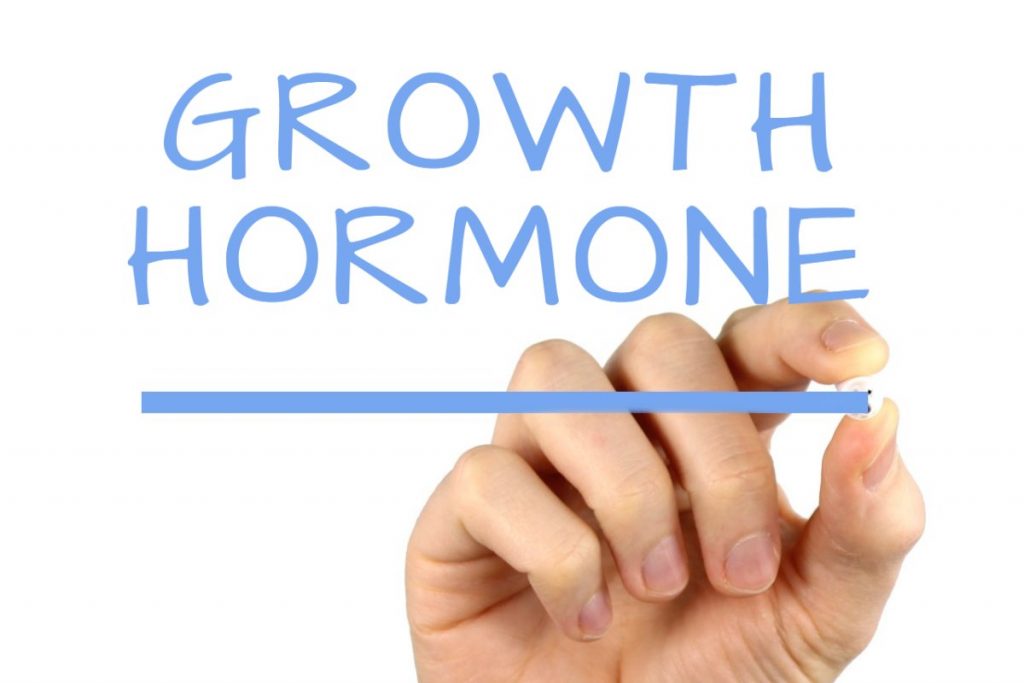
Growth hormone (GH) boosters use ingredients including herbs, amino acids, and sleeping aids to help support the body’s natural GH levels. Although GH supplements are not as popular as testosterone boosters, they can be just as helpful with supporting muscle mass, reducing fat, and promoting overall health.
Furthermore, some compounds used as T-boosters – such as L-DOPA – might raise growth hormone as well, allowing men to kill two birds with one stone by supporting both of these anabolic hormones at once.
On this page, you can find information on the most popular growth hormone boosters. For a general introduction to growth hormone and its effects, check out our GH guide.
5-HTP
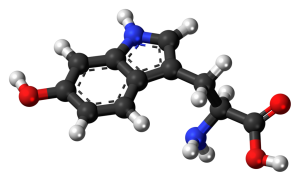
Despite this reputation, multiple studies have demonstrated that 5-HTP supplementation also promotes GH release via a yet-unknown mechanism.1 In addition, it’s possible that 5-HTP could indirectly promote optimal GH levels by improving the quality of sleep through its conversion into melatonin. More on 5-HTP.
Arginine
Arginine is a conditionally-essential amino acid best known for promoting blood flow via increased nitric oxide (NO) production. Research suggests that arginine is capable of increasing GH secretion by:
- suppressing the release of somatostatin, also known as growth hormone–inhibiting hormone (GHIH)2
For example, in one study a single 7 g dose of arginine raised GH to a peak level of 222% above normal for about two hours.3
Colostrum
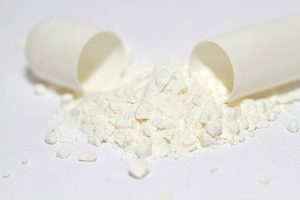
Although not technically a GH booster, colostrum is known to contain growth factors such as IGF-1 – natural compounds that promote cellular growth. Since these compounds are related to growth hormone and controlled by its secretion, colostrum has been suggested to have an effect that is similar to growth hormone.
So far, bovine colostrum has been shown to enhance exercise performance and muscle gains, although research remains mixed. More on colostrum.
Deer Antler Extract
Deer antler velvet or simply deer antler refers to the growing stage of deer antlers before they calcify into bone. Ancient Chinese medicine used these young antlers to boost vitality, and today they a remain a popular ingredient of testosterone boosters.
Because young deer antlers grow very quickly and contain IGF-1, they have also been proposed to function as effective growth hormone supplements.
Nonetheless, research looking into velvet antler’s hormone-boosting effects has failed to find any evidence.
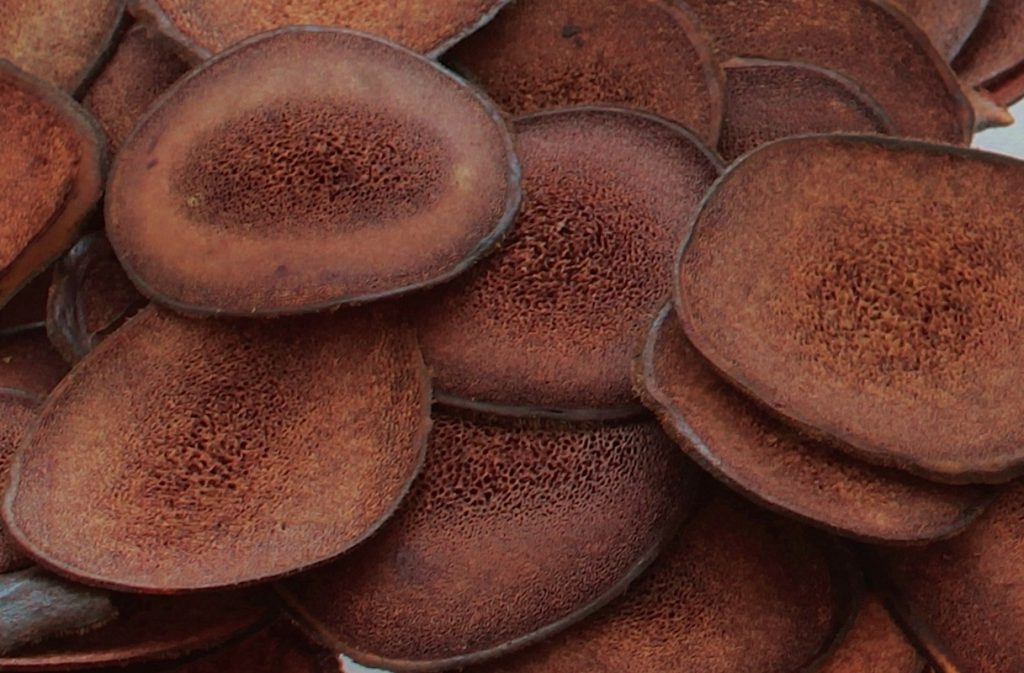
DHEA
Dehydroepiandrosterone (DHEA) is the most abundant steroid hormone in the human body because it can be converted to many other hormones. DHEA is sometimes used by bodybuilders seeking to increase testosterone levels, and by older men and women looking to support healthy hormone levels.
It’s not entirely clear whether DHEA increase growth hormone concentrations. However, there is more reliable evidence that it increases IGF-1 levels, particularly in older individuals. More on DHEA.
Fenugreek
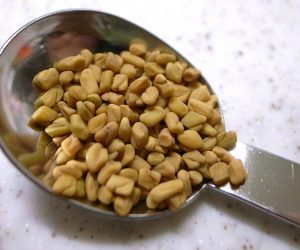
Although research evidence is preliminary and restricted to animal data, it seems that it can boost GH as well. A study in rats showed that fenugreek seeds contain two compounds capable of stimulating GH release, while a study in goats showed that fenugreek seeds raise GH levels for up to six hours.5 6
As such, fenugreek is one of the few compounds that might help men raise both GH and T at the same time.
GABA
Mamma-Aminobutyric acid or GABA for short is an inhibitory neurotransmitter that promotes relaxation and eases anxiety, making it a popular target for calming nootropics.
In terms of growth hormone, clinical studies have shown that GABA might:
- Increase both resting and post-exercise GH levels by as much as 400% and 200%, respectively7
- Indirectly support optimal GH levels, because GABA receptors are known to promote sleep, the time when most GH secretion occurs8
However, supplementing GABA remains a controversial strategy because of its difficulty in crossing the blood-brain barrier. While this doesn’t necessarily mean it doesn’t work, it does suggest that higher doses have to be taken, and that some people might see more of an effect than others. More on GABA.
Glutamine
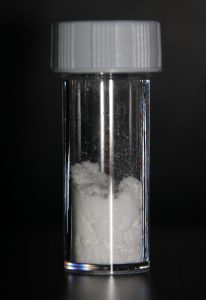
A single study also reported that an oral dose of glutamine increase growth hormone levels in the blood.
Creatine
Creatine is arguably the most popular workout supplement in the world. And while it may not be known as a growth hormone booster, one study did report that a single dose of 20 g resulted in a significant rise in growth hormone levels. While this isn’t enough to warrant taking creatine to boost GH, it does give yet another possible benefit to this highly popular workout supplement.
L-DOPA
L-DOPA, also known as levodopa, is a natural compound that our bodies use to produce dopamine, norepinephrine, and epinephrine, three major neurotransmitters. L-DOPA is mostly used for the treatment of Parkinson’s, but some people also use it as a nootropic to boost mood and other aspects of cognition.
Limited research indicates that L-DOPA might increase GH levels by stimulating the release of growth hormone-releasing hormone (GHRH), but it’s far too early to say anything conclusive. L-DOPA might also increase testosterone levels, but this effect requires further research as well. More on L-DOPA.
Melatonin – Editor’s Choice
It may come as a surprise, but the well-known sleep hormone melatonin is actually one of the most promising growth hormone boosters. Melatonin has been shown to support GH in two ways:
- Indirectly, melatonin helps optimize GH by improving sleep quality and duration, since most GH is secreted during sleep
- Directly, melatonin might increase GH levels by decreasing somatostatin, also known as growth hormone–inhibiting hormone (GHIH)9 10 11
Note: you can also increase your melatonin levels naturally by sleeping in complete darkness and minimizing the use of computers, phones, and other sources of blue light before bed.

Mucuna Pruriens
Mucune pruriens or “Velvet Bean” is a tropical bean herb used for helping with male infertility, Parkinson’s and some other conditions. Mucuna contains the active ingredient L-DOPA, which has been suggested to boost both growth hormone & testosterone. However, research does not yet agree on whether Mucuna actually works.
But if you do want to give Mucuna a try, look for a supplement standarized to contain at least 10% of L-DOPA.
MK-677 – Editor’s Choice

- Increase GH levels in healthy individuals12
- Result in significant muscle gain and improved sleep13
- Increase IGF-1 concentrations in older men to the level found in young adults14
Although we’re usually in favor of taking natural supplements, MK-677 is a rare example of a synthetic compound that seems to not only be effective but also safe. MK-677 is currently sold under the brand names Ibutamoren and Nutrobal.
Ornithine
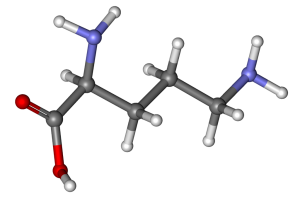
Clinical research indicates that ornithine might be capable of stimulating the pituitary gland, resulting in the release of not just growth hormone but other pituitary hormones such as ACTH. Indeed, several studies report that ornithine ingestion results in increased growth hormone levels. However, there is one key caveat:
- The studies were performed in men undergoing resistance training, so it’s not clear whether ornithine raises GH in sedentary individuals
Vitamin D
Vitamin D is widely known to be essential to good health. Now, new research indicates that it might also help with growth hormone.
A recent study in older adults reported that vitamin D3 supplementation significantly increased IGF-1 levels. Although this doesn’t technically make vitamin D a GH booster, given that IGF-1 mediates many of the effects of growth hormone, it’s still highly beneficial.